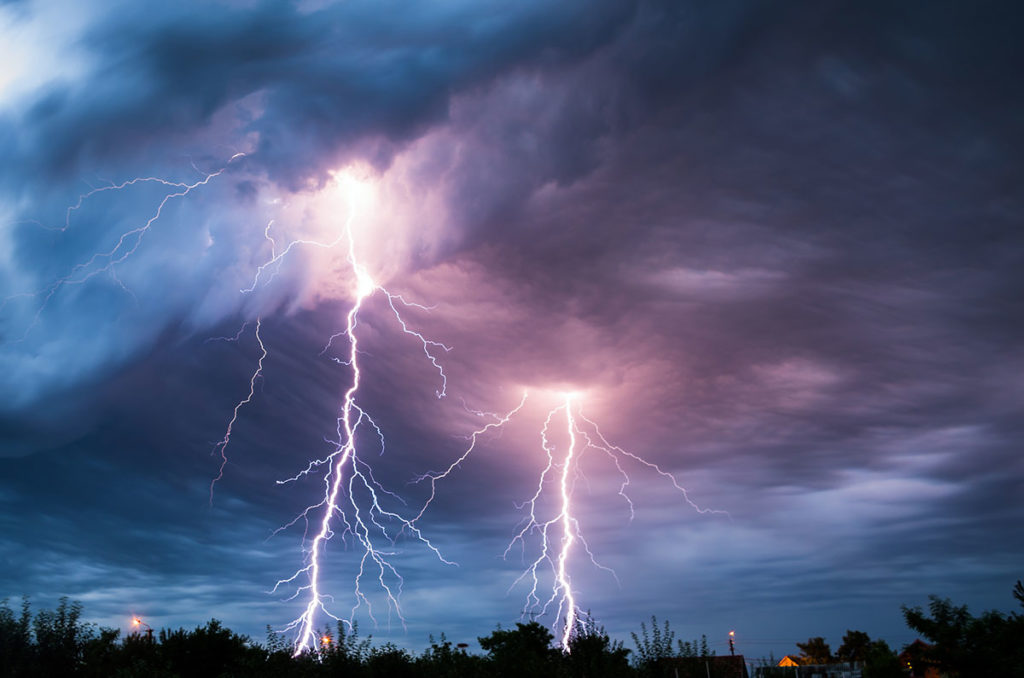It seems quaint now, but in 2008, employment lawyers were worried about the work-place implications of Bird Flu. We hurried to update employment agreements to include some sort of ‘act of god’ provision that determined how an employment relationship would respond in various circumstances. Ironically, in the decade that followed, many of those were removed – seen as unduly reactive or irrelevant to modern employment relationships. Proving the golden rule of fashion (“everything comes back”), we are now again discussing Force Majeure provisions.
Force Majeure translates as “act of god”. A Force Majeure provision defines how a contract will respond in certain circumstances, where performance is prevented by something outside of the parties’ control. In commercial contracts they are very common.
There are two parts to a Force Majeure clause. The first is the definition of the types of circumstances which trigger it, and the second is how the contract will respond – a kind of IF A, THEN B equation.
Consider how the following “A’s” might produce different outcomes in the present circumstances:
A = circumstances in which you reasonably fear an outbreak of a communicable disease OR
A = the business is not able to operate because of a global pandemic; OR
A = the business is prevented from operating by Government order or “alert level”
Each of these preconditions will produce different effects.
In terms of the “B” part of the equation, in an employment context, the obligation of good faith, and the requirement that an employer act justifiably, is relevant to the possible outcomes. It would be unreasonable to provide that in circumstances of a global pandemic the employment will be terminated immediately on the giving of one days notice. However, an agreement might reasonably provide, for example, for an employee to take leave without pay, or work for reduced pay, or work from home when the precondition is met.
A good example of an effective Force Majeure in an employment agreements is a “snow day” clause. A snow day is a day when an employee is not able to come to work because of a weather event which prevents them from safely completing the journey from their home to their workplace. An employment agreement might provide (for example) that in those circumstances, an employee who can’t work from home is paid 50% of their ordinary pay. The Force Majeure provision prevents arguments about whether or not an employee should be paid in these circumstances.
Returning to how a Force Majeure provision might apply in the current scenario, the answer depends on whether the provision foresaw the particular trigger, and whether the agreed response is relevant to the predicament we currently face.
Would such a clause help right now? The answer is maybe. Proponents say that it would provide certainty, and a basis understanding each party’s rights and obligations. Others say that the current situation is so unprecedented that it is unlikely a generic clause would actually work in practice – and it may create problems in terms of expectations – better to engage in conversations with employees in good faith as the situation and arises and unfolds. Would a force majeure have predicted the availability of a wage subsidy that would influence an employer’s response to a lockdown?
For my part, I think (in employment law) a contractual provision can not replace open and honest dialogue, and discussion can produce mutually agreeable outcomes relevant to precise complex scenarios. To the extent that your employment agreement contains one, it would form a base for those discussions only.




